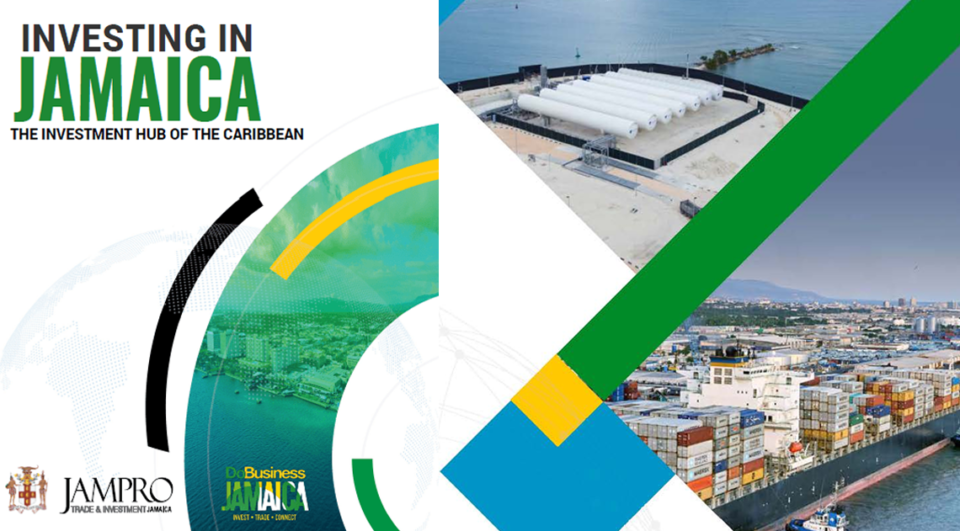[et_pb_section admin_label=”section”][et_pb_row admin_label=”row”][et_pb_column type=”2_3″][et_pb_text admin_label=”Text”]
Sugar
Over the past three decades, the Sugar Protocol, as part of the Lomé Convention and the succeeding Cotonou Agreement, allowed Jamaica, as a member of the ACP, to sell up to 126,000 tonnes of raw sugar annually into the EU market at guaranteed preferential prices (hyperlink to ACP Secretariat and EU websites).
Following the WTO Panel ruling of April 2005, which found the ACP-EU Sugar Regime to be WTO inconsistent, the EC, in June 2005, announced sweeping changes which signal severe hardships for sugar production in ACP countries. The changes will not only see a reduction in the import quotas for ACP sugar, but the guaranteed prices offered to ACP countries, which will be reduced by 36% over four years. The reasons put forward by the EC for the proposed changes were: (1) to make the EC’s sugar regime WTO-compliant, and (2) to reduce beet sugar production in Europe.
Other proposed changes include:
- The replacement of the intervention price by a reference price, which will be supported by a private storage scheme, to be applied in instances where suppliers of sugar exceed their quotas,
- The EU will no longer pay the refining subsidy on behalf of ACP/India sugar suppliers which is a requirement under its commitment to remove domestic subsidies,
- Quotas will continue to be applied until the expiration of the current regime in 2017,
- By retaining its quota de-classification system, the EU has allowed for imports of raw sugar for refining to be removed from the market, however, the resulting storage costs will have to be borne by suppliers.
Recent Developments
These reforms will have a profound impact on the sugar industries and the livelihoods of sugar cane farmers as well as the wider economies of Jamaica and other countries across the Caribbean and the wider ACP.
The EU has given support to the 18 ACP sugar-producing countries to cope with these changes, via a package of ‘Accompanying Measures’ Support Programme (AMSP), beginning with €40 million for Year One (2006/7). Whilst the support mechanism was not envisaged to continue beyond 2013, the ACP Group has been consistently lobbying for its extension. In comparison, the EU has offered a ‘compensation package’ to European beet sugar producers, amounting to some €7.5 billion in support until 2015.
As of October 1, 2009, the Lomé/Cotonou Sugar Protocol was abolished. A transitional period of six (6) years from October 1, 2009 to September 30, 2015 is now in effect. At the end of this transition period, sugar exporting ACP countries, which have ratified their respective Economic Partnership Agreements (EPAs), will have quota-free duty-free access to the EU.
During the transition period, ACP countries that have either initialled or ratified an EPA will receive a reduced minimum price for exports until September 30, 2012. The new guaranteed price must be no less than 90 percent of the EC’s reference price for that year. From October 1, 2012 prices will no longer be guaranteed but, will be based on market forces. Quotas will remain until September 30, 2015 but, they will not be country-specific. Also, immunity from EU safeguard measures will not be applicable.
The Jamaica Country Strategy for the Adaptation of the Sugar Industry 2006-2015 was prepared by the Planning Institute of Jamaica (PIOJ) in collaboration with local stakeholders, and was submitted to the EU in January 2006. Jamaica has formally requested assistance under the Accompanying Measures, on the basis of this Strategy.
The adaptation strategy is broadly aimed at achieving sustainability and competitiveness in the industry and at promoting economic, social and environmental sustainability of sugar-dependent areas.
Features of the adaptation strategy include:
- The ultimate closure of the Bernard Lodge and Long Pond sugar factories;
- The diversification of former sugar cane fields into the cultivation of papaya, ackee and other orchard crops, including sour-sop, mango, guava, citrus, limes, coconut and vegetables;
- Renewed emphasis on ethanol production;
- Pursuit of private investment in the development of existing government-owned sugar operations.
The rationalisation of the sugar industry also requires the upgrading of machinery integrally linked to sugar production, including factory and transportation equipment.
The Industry envisages an increase in production and marketing of branded sugar to target niche markets, comprised mainly of the West Indian Diaspora, particularly in Europe, as well as the domestic and regional hospitality trade.
Community planning and regional interventions are required to mitigate any potential dislocation to the rural labour force and to avoid any increase in rural poverty. This entails co-ordination with existing poverty reduction policy and programmes being implemented by Government and its agencies. In addition, the upgrading of rural infrastructure, including roads, water supply and access to telephone services and information-based businesses is a priority, as this will impact the private sector’s decision to invest in the affected areas.
However, much financial and technical support is required to effect the full and timely implementation of the strategy for restructuring and revitalisation of the Jamaican sugar industry to adapt to the EC reforms.
[/et_pb_text][/et_pb_column][et_pb_column type=”1_3″][et_pb_sidebar admin_label=”Sidebar” orientation=”right” area=”sidebar-1″ background_layout=”light” remove_border=”off” /][/et_pb_column][/et_pb_row][/et_pb_section]





